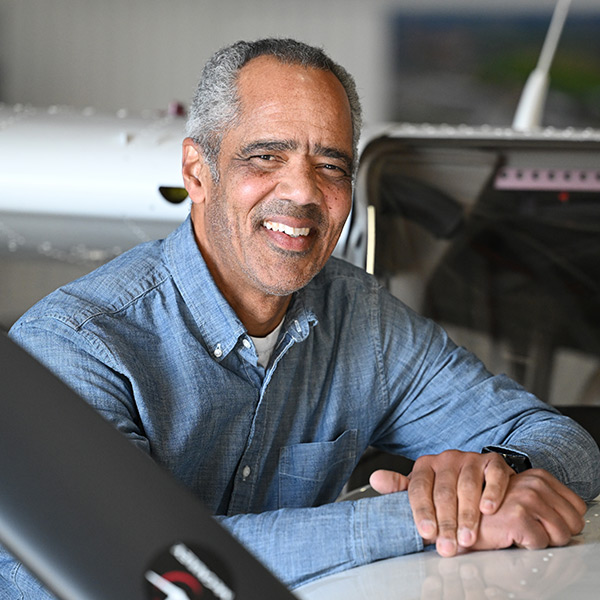Collaboration culminates in airport compromise
Pilots, municipality find common ground in Bend, Oregon
An advocacy effort mounted by local pilots enabled by AOPA produced compromises and revisions to once-problematic airport rules proposed by the city of Bend, Oregon.
In November, the city presented its first draft of new airport rules, regulations, standards, and policies, which immediately raised numerous concerns. The most significant change involved hangar reversion— legal provisions common in many airport leases that allow the airport owner to forcibly evict hangar tenants.
While local pilots worked on the details, AOPA sought to help municipal officials nationwide understand what FAA policy on hangar reversion actually is, and what it is not.
Reversion clauses in hangar leases give the airport owner an additional means for terminating a lease and are allowed under FAA regulations. The goal of such a policy is to ensure that airport owners can make upgrades, install new facilities, or otherwise repurpose the land on which hangars are built, but some local governments have interpreted it more broadly.
AOPA has found that vague FAA rules regarding reversion of private hangars have often resulted in local interpretation that reversion is required under the regulations. By demonstrating that this is not the case, members of the Bend Municipal Airport community were able to secure an agreement with the city to allow a hangar lessee to pay a reversion deferral fee instead of having private hangars revert to city control.
The hangar reversion policy was just one part of a comprehensive revision to the airport’s rules, regulations, and standards. Schuster counseled the local Friends of Bend Airport working group throughout the process that ultimately led to the finalization of the new rules on September 6.
“We stayed organized and professional using many voices with a unified message. It was clear to the city of Bend that we were going to invest as much time and energy as necessary to see that this document revision was done right,” said Kim Muinch, president of the Friends of Bend Airport and an AOPA member. “Although our group did not get everything we wanted, we got virtually all of the most important items improved and consider the final product, albeit a compromise, a win for the Bend Municipal Airport community.”
Schuster said the nine-month effort is a case study for how local advocates can work with AOPA to leverage their capacity to make meaningful, positive change in their community.
“We succeeded because we had capable and knowledgeable pilots who were willing to put the time and effort in locally, and a city government that was also willing to take the time needed to achieve a result that works for everyone,” Schuster said.




